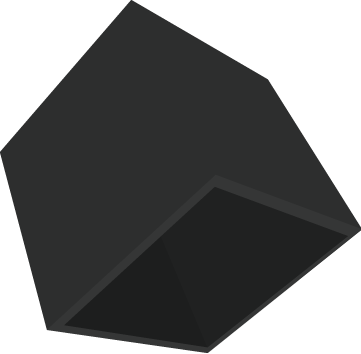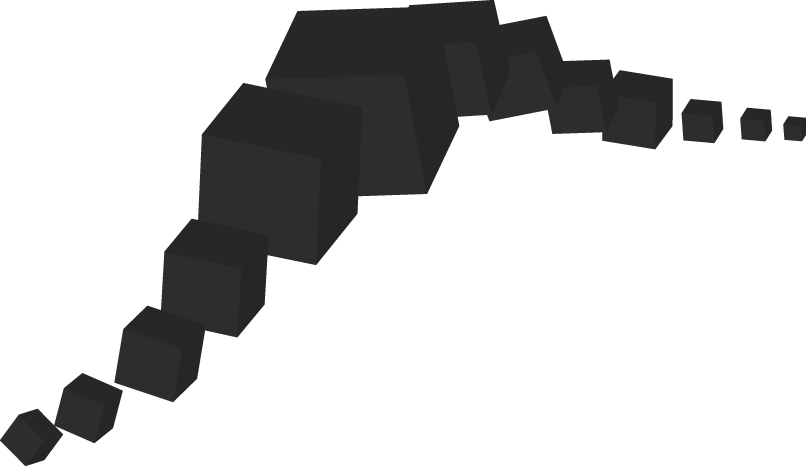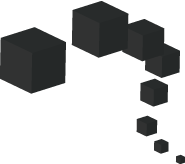The main problem of all fractal compression implementations is the execution time. The algorithms can spend hours and hours to compress a single image. So the major variants of the standard algorithm were proposed to speed up computation time. But most of them lead to a bad quality, or a lower compression ratio. For example, the Fisher’s proposed classification pattern has greatly accelerated the algorithm, but image quality was poor, due to the search space reduction imposed by the classification, which eliminates a lot of good solutions. By using genetic algorithms to address the problem, we want to optimize the domain blocks search, we explore all domain blocks presents in the image, but not in exhaustive way (like standard algorithm), and without omitting any possible block (solution) like does classification pattern. A genetic algorithm is the unique method to satisfy theses constraints. And it is away to be a random search, because the genetic one is directed by fitness selection which produce optimal solutions. Our goal in this work is to use genetic algorithm to solve the IFS inverse problem, and build a fractal compression algorithm based on genetic optimization of domain blocks search. We have also implemented Barnsley standard algorithm, Y. Fisher algorithm based on classification and the genetic compression algorithm with quadtree partitioning. A population of transformations was evolved for each range block and the result is compared with standard Barnsley algorithm, and Yuval fisher algorithm based classification.
We deduced an optimal set of values for the best parameters combination, and we can also specify the best …





